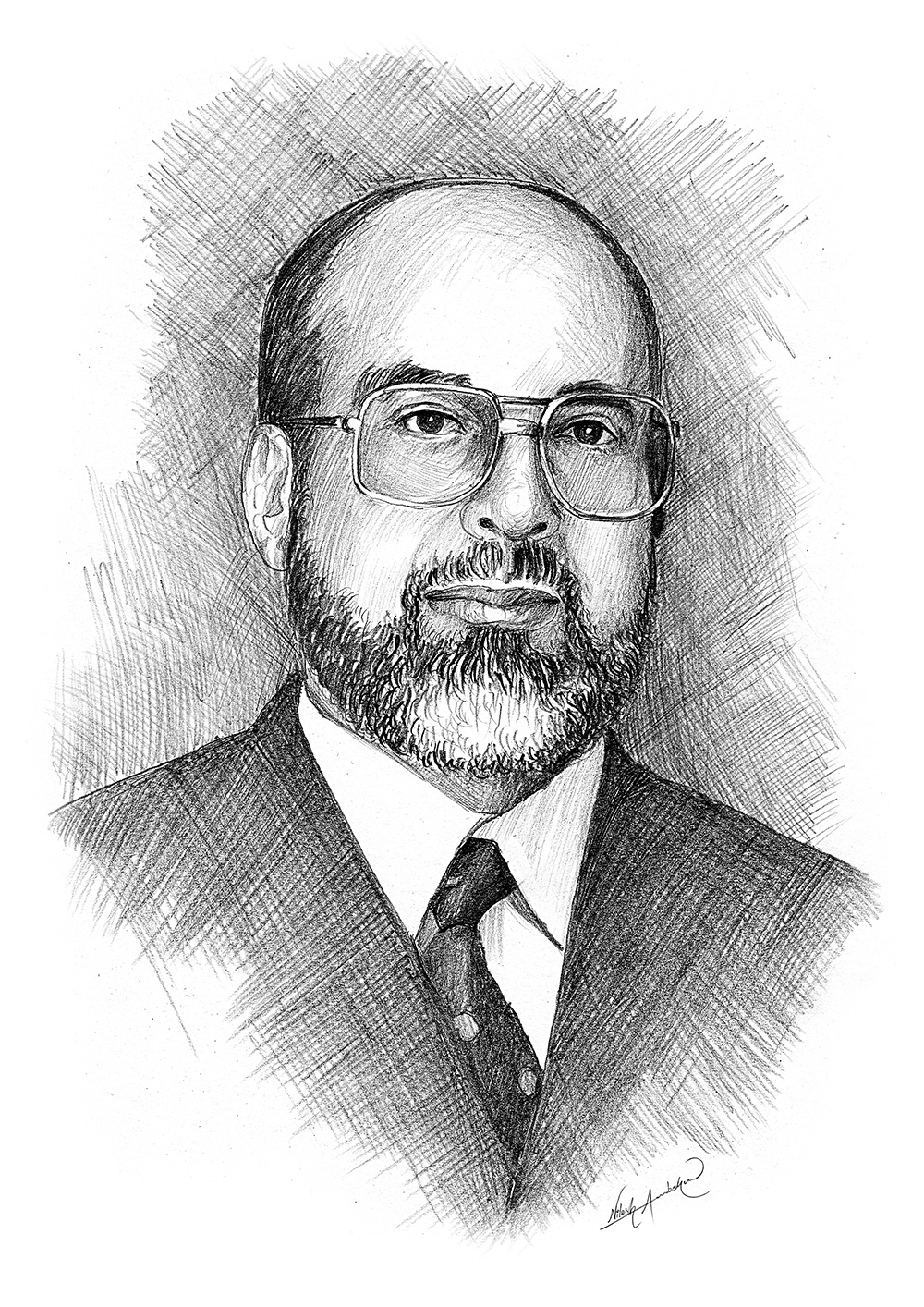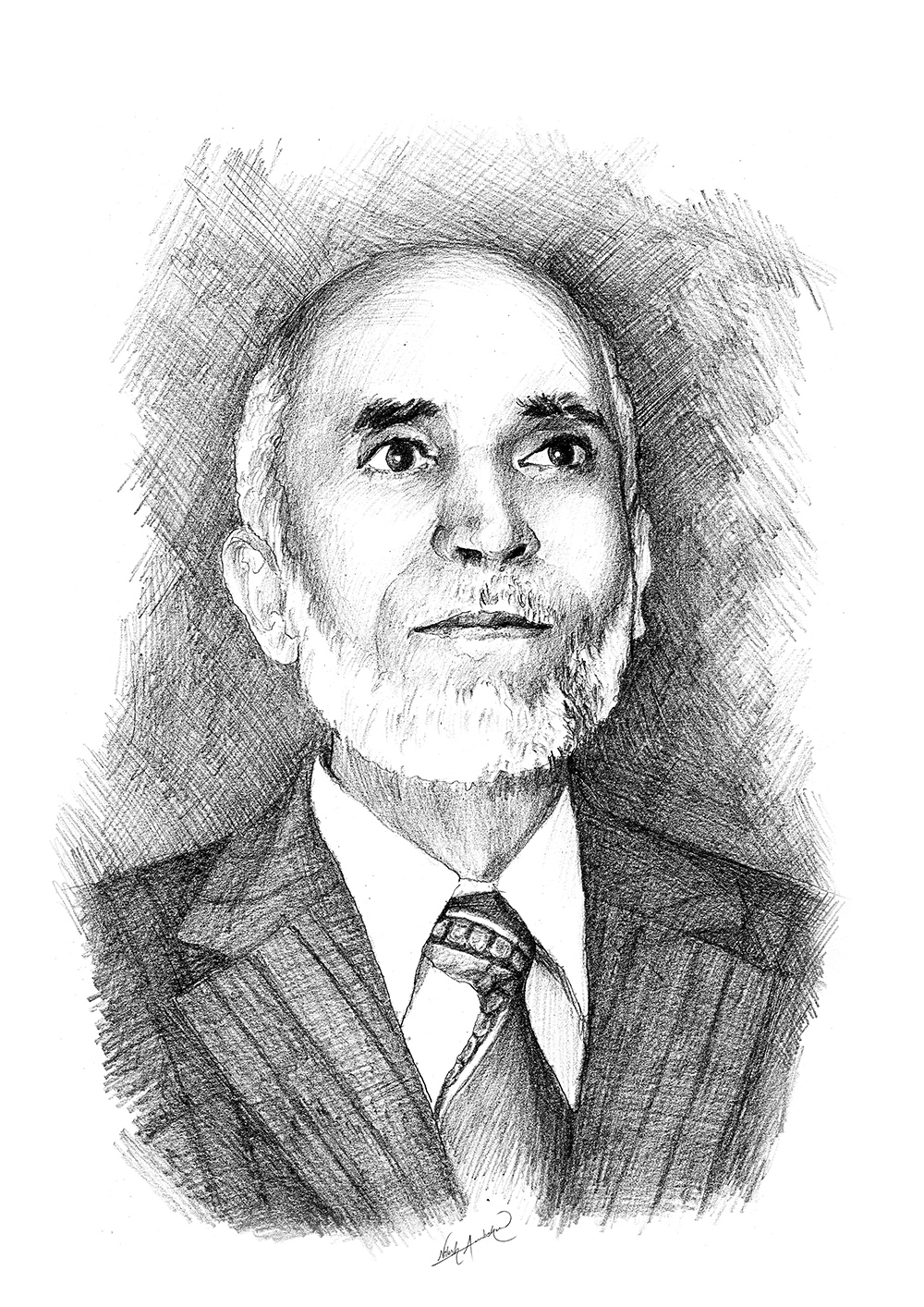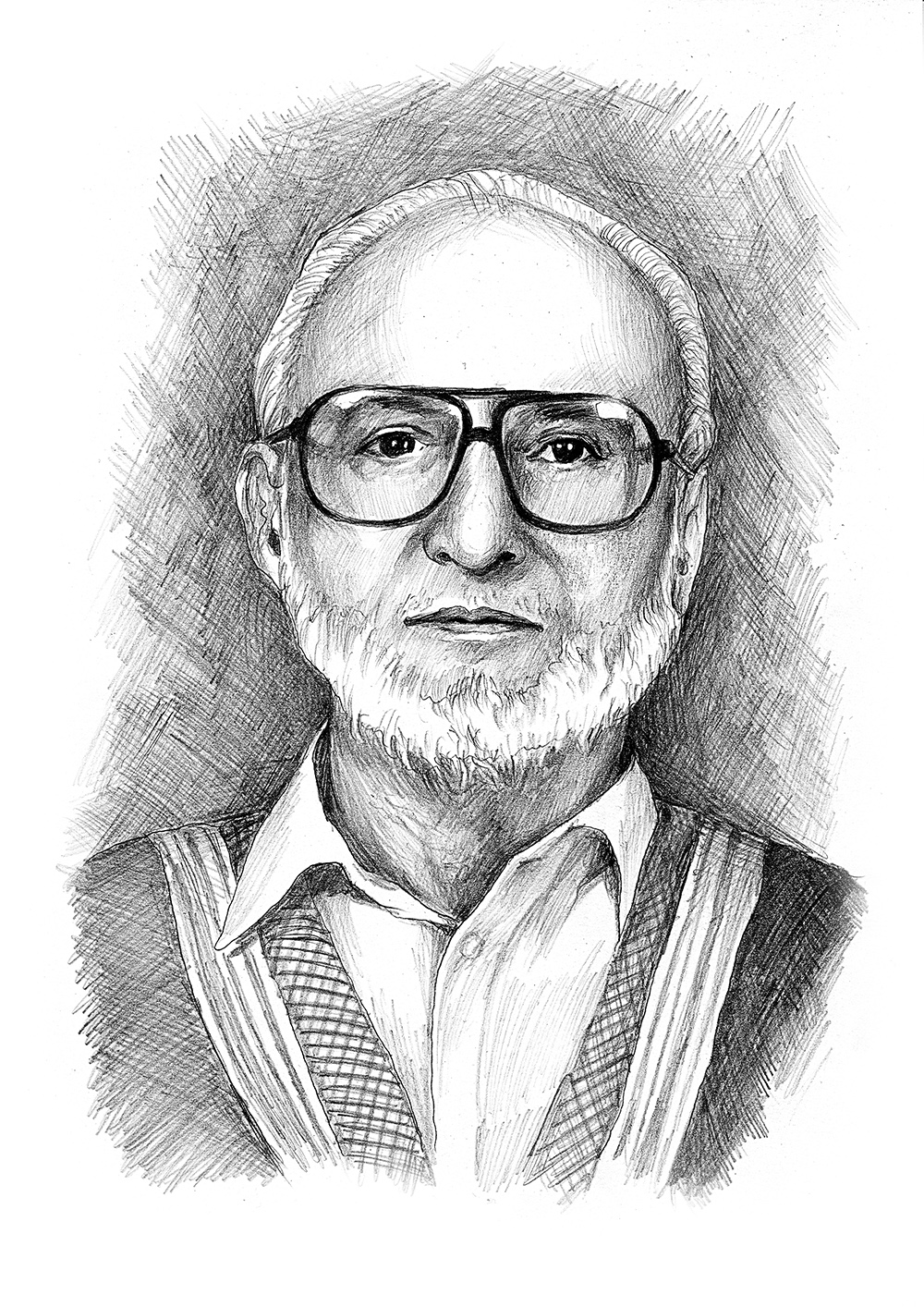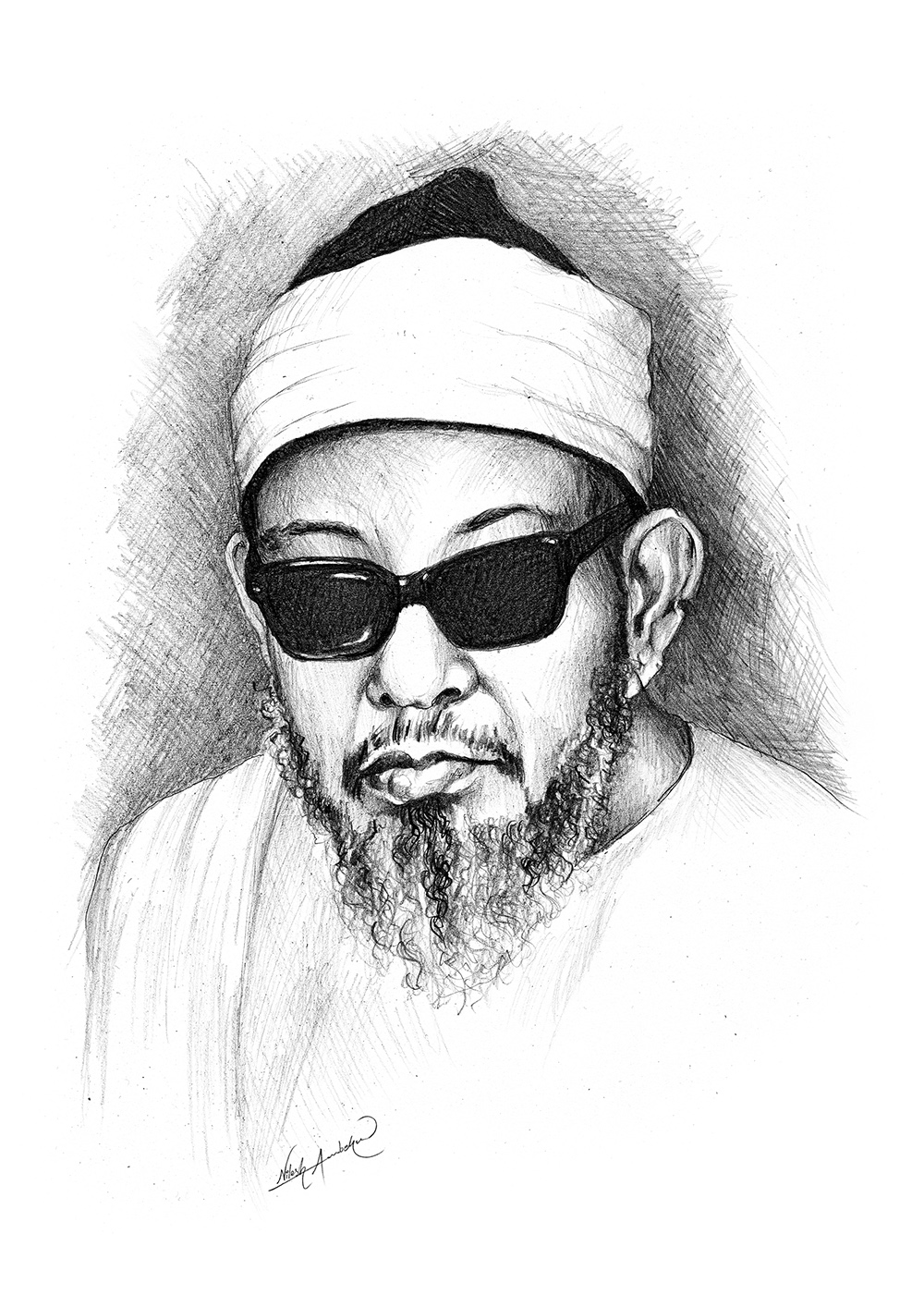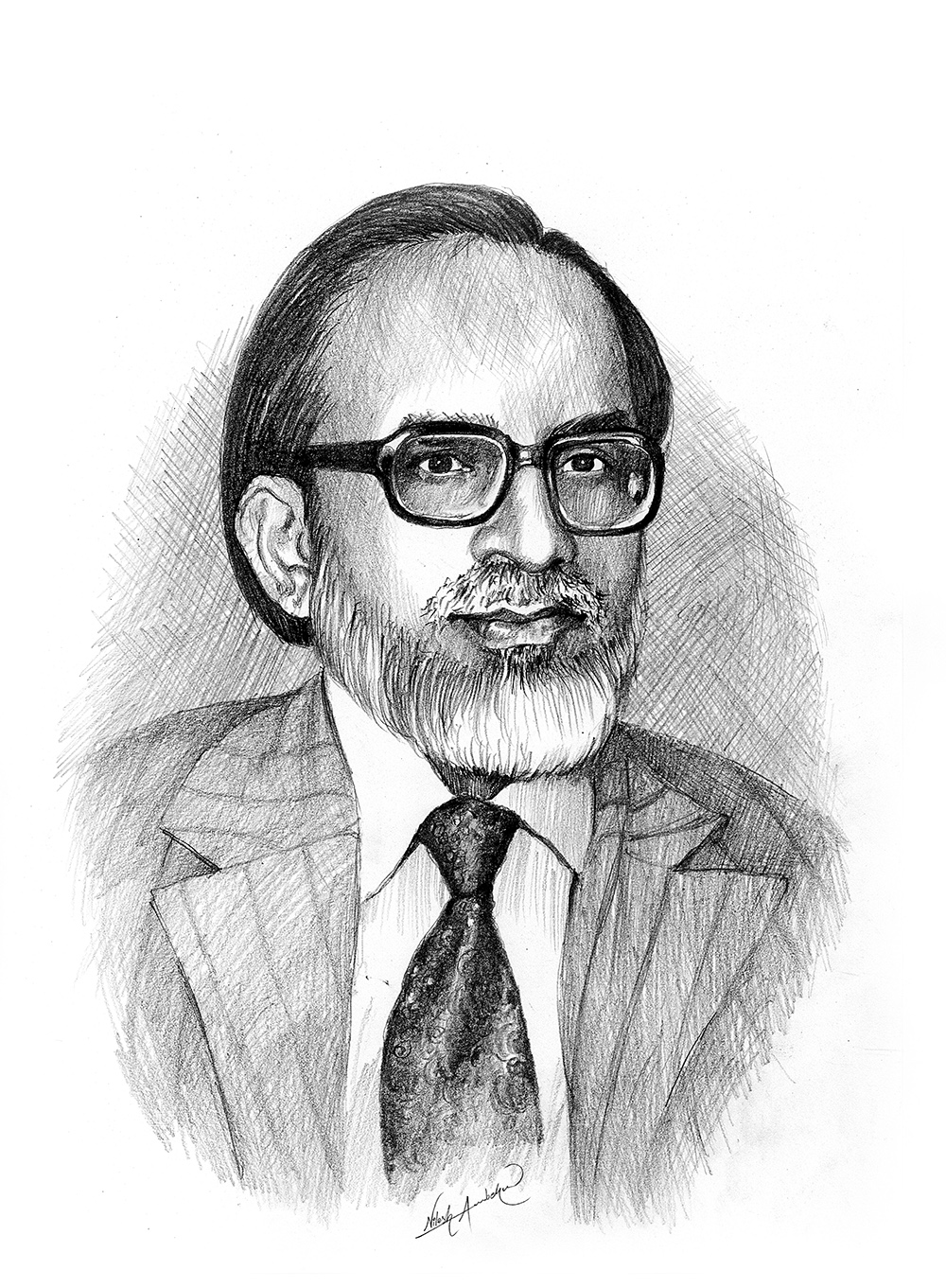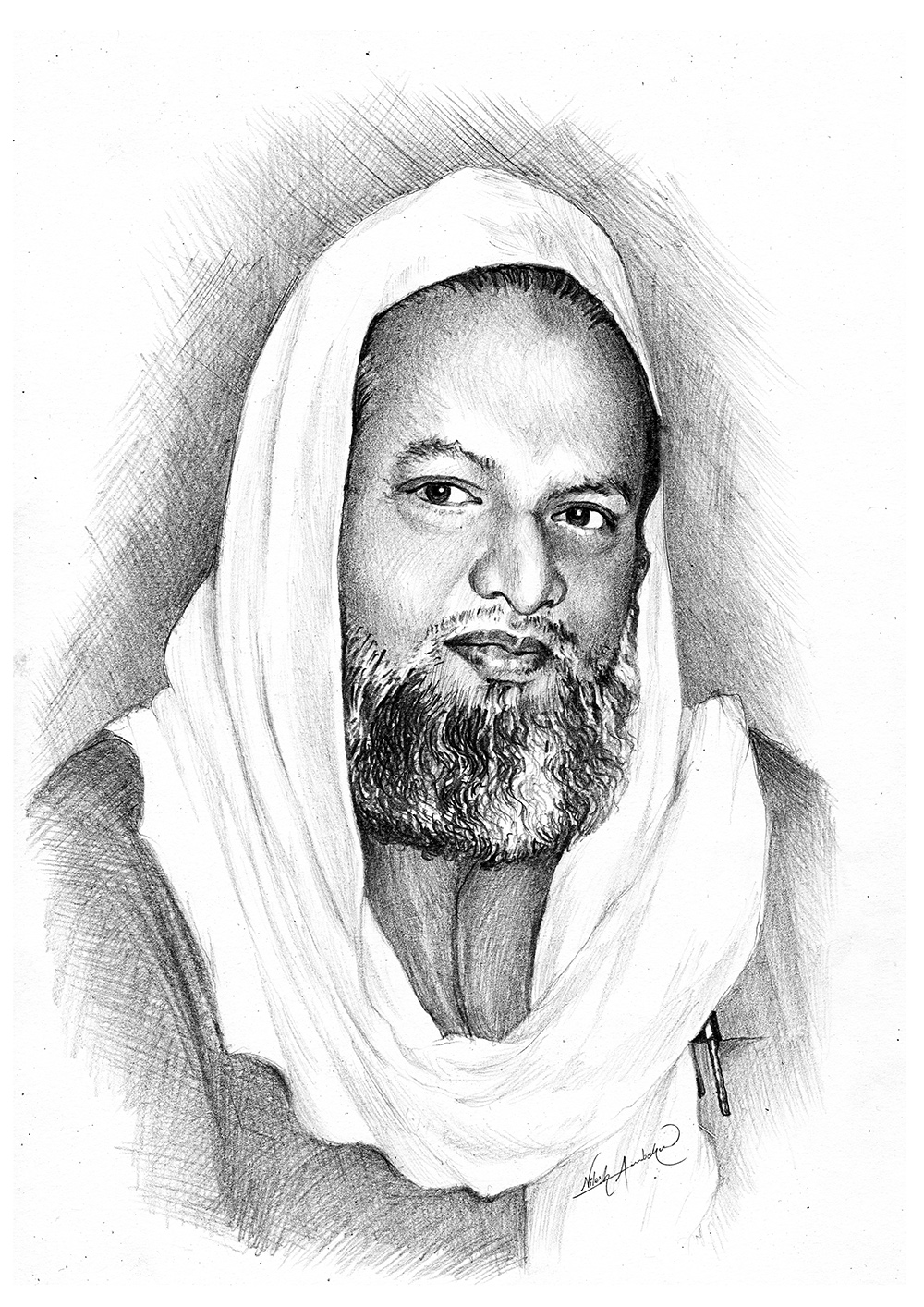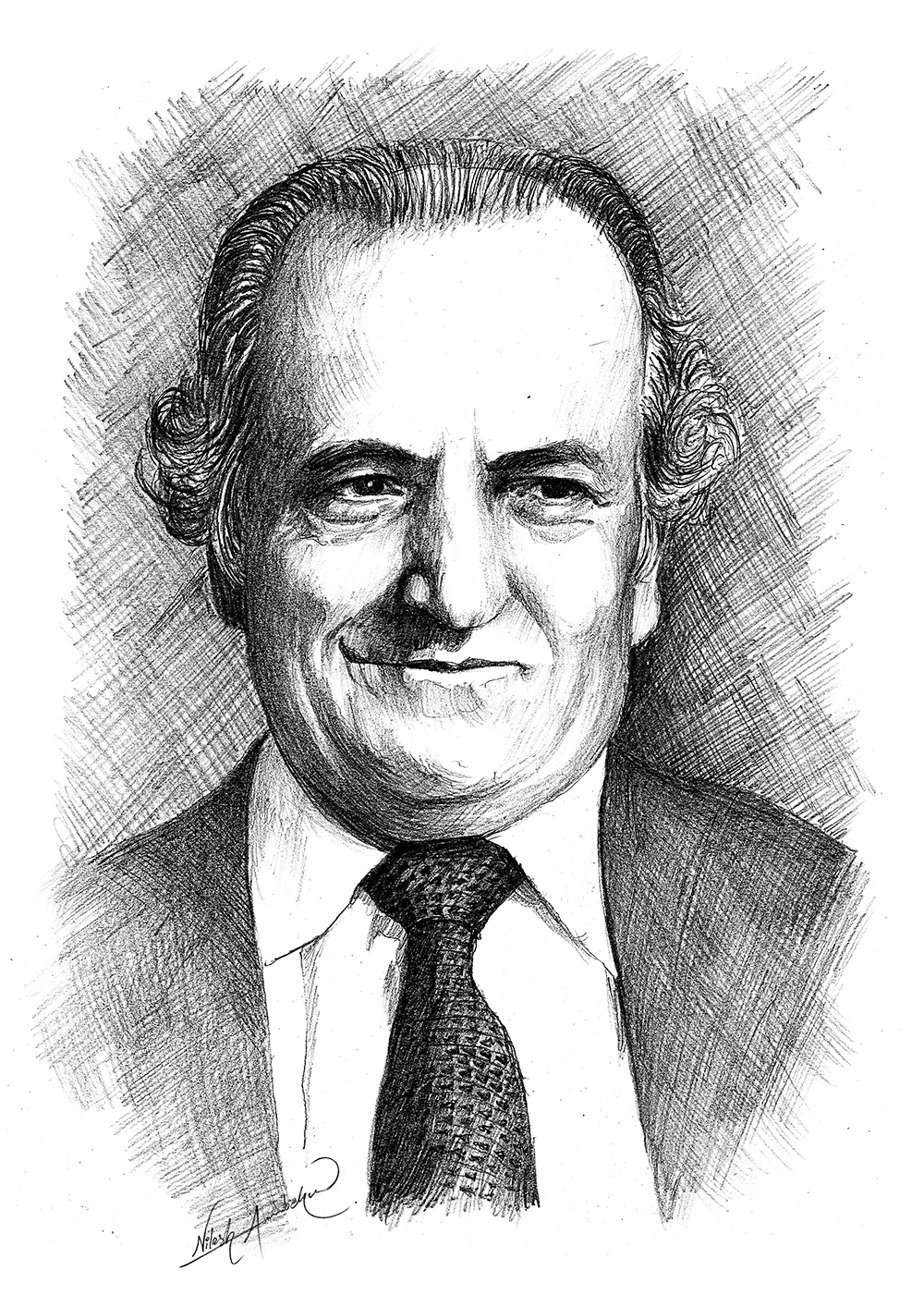Farouk Desouki received his general education in local schools and obtained a bachelor’s degree from the College of Arts at Alexandria University in 1959. He obtained his master’s and Ph.D. degrees at Dar Al-Ulum College in Cairo University in 1978. He worked for several years in the Department of Islamic Studies at King Saud University in Riyadh, rising through academic ranks to full professorship.
Professor Desouki made significant contributions to the study of the Islamic Doctrine. He authored several articles and books in this field, including his widely known book Destiny in Islam. This is a comprehensive and thoroughly documented, 3-volume text that reflects the author’s articulation of the subject and his ability to communicate his ideas in a direct and easy-to-apprehend manner.
Three of Disouki’s other books, namely: Man and Satan, Man’s Inheritance of the Land, and Foundations of the Islamic Society are further examples of his insightfulness and deep knowledge of the fundamental principles of Islam.
This biography was written in the year the prize was awarded.

